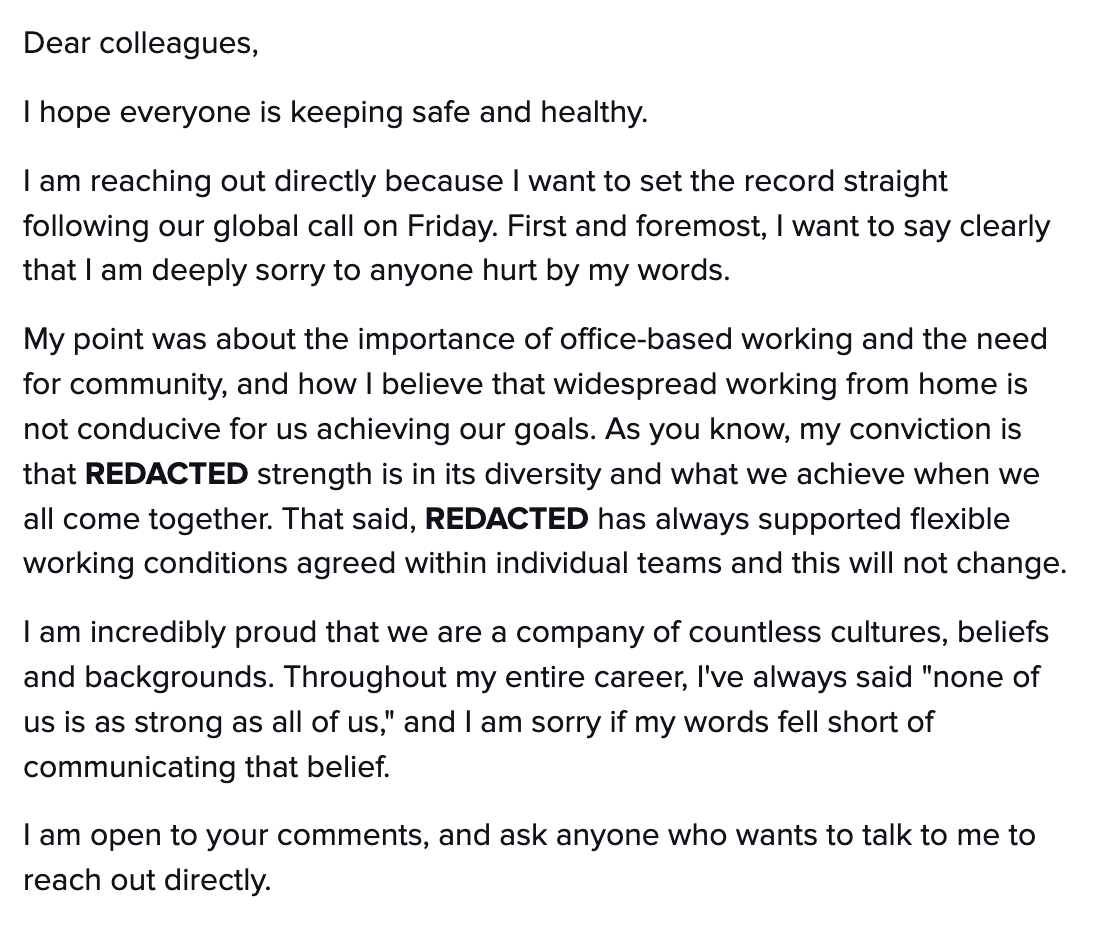
At EPAM, a company that has more than 10K employees in Ukraine, but also ones in Russia and Belarus, massive internal conflicts are raising due to the CEO not taking sides: they have yet to say Russia is responsible for the war.
Some refusing to work with those based in Russia.
Some refusing to work with those based in Russia.
Management has tried to shuffle so Belarus and Russia-based teams report into “neutral” managers (eg ones from Poland, Hungary).
It’s starting to break down. Employees demanding the company be clear if they are on the side of Russia+Belarus or rest or rest of world.
It’s starting to break down. Employees demanding the company be clear if they are on the side of Russia+Belarus or rest or rest of world.
It’s not just EPAM in this position but outsourcing companies Luxoft, DataArt, GridDynamics with offices both in Ukraine and Russia where management tries to balance but anger is growing as the war progresses.
Most clients of these companies are in the US and Western EU.
Most clients of these companies are in the US and Western EU.
Incredible: the CEO of outsourcing company GridDynamics os from Kharkiv, a city heavily bombed and attacked by the Russian army.
And a massive engineering in team in Russia.
What will the CEO do? What will the company do?
We could see this war tear companies apart.
And a massive engineering in team in Russia.
What will the CEO do? What will the company do?
We could see this war tear companies apart.
https://twitter.com/_vsv_/status/1498566871167164418
• • •
Missing some Tweet in this thread? You can try to
force a refresh




